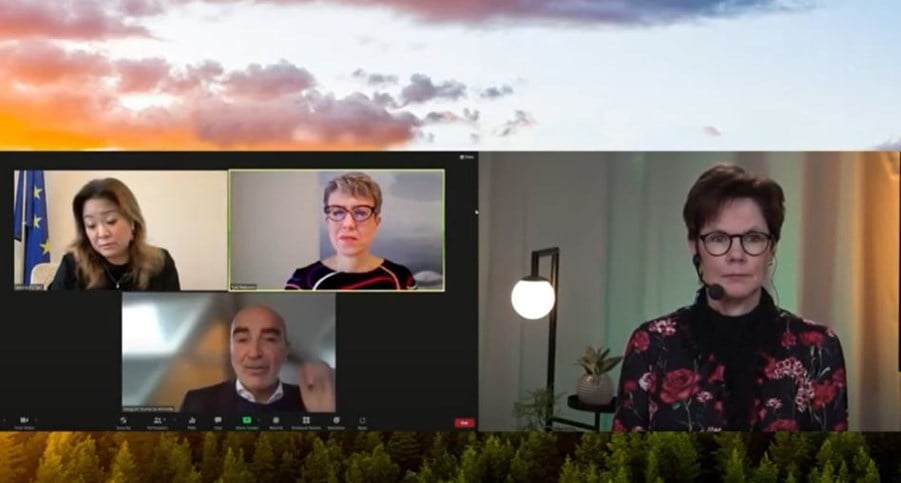
The EU Commission’s proposal for setting ecodesign requirements for sustainable products is an ambitious legislation. Swedish Forest Industries Federation (SFIF) welcomes the proposal, as well as the establishment of overarching sustainability requirements. However, SFIF would like to highlight a number of changes to overcome some challenges we foresee in the upcoming delegated acts.
The proposal of the framework for ESPR is a broadening of the scope of the current Ecodesign directive concerning requirements and range of products. The main objective is to reduce the negative life cycle environmental impacts on almost all products and improve the function of the Single market.
SFIF proposes the following changes:
- Include renewability of raw materials as an additional ecodesign requirement. Incentivising products made from renewable resources facilitates shifting from today’s linear, fossil-based economy to a circular and bio-based one.
- Include products’ contribution to EU resilience as an ecodesign additional requirement. Wood-based materials already support European resilience in several ways.
- Ecodesign requirements need to be based on relevant Union legislation. They also need to be specific, coherent, cost-efficient, and heedful to relevant technical characteristics for that specific product or group of products.
- Assure adequate industry representation in the Ecodesign Forum. The representation needs to cover the full width of relevant value chain, with a majority of stakeholders having knowledge about the actual product or the product group in question.
- Ensure the use of self-regulation measures when implementing Ecodesign requirements. By allowing for self-regulation assessment, more products will be able to comply with Ecodesign requirements.
- Requirement of recycled content should be applied smartly and not be applied on already existing and well-functioning recycling markets. Mandatory recycled content risks being counterproductive and can even jeopardize market functionality.
The legislation is published in the official journal of EU: Regulation - EU - 2024/1781 - EN - EUR-Lex. Work programme of the secondary legislation is expected to be published in Q1 2025.


